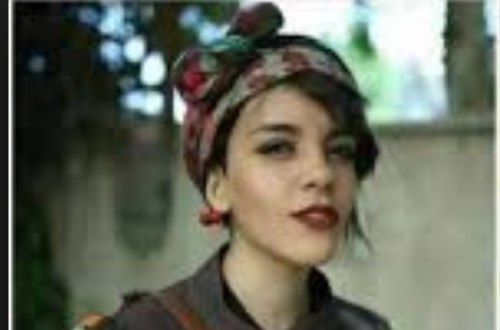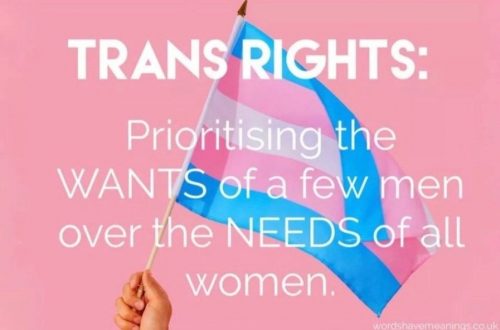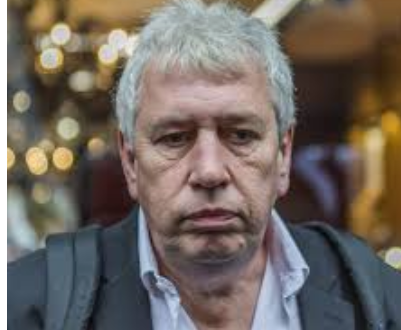Honor Diaries has provoked much debate, so I welcomed the opportunity to attend a screening of the film hosted by the Henry Jackson Society last night, followed by a panel discussion chaired by Emily Dyer. At the heart of Honor Diaries is an extended conversation between nine women, all with very different experiences of honour violence. Interspersed are clips from news reports of horrendous examples of such crimes throughout the world, as well as interviews with other campaigners. We heard personal testimony about women being attacked with razors for wearing lipstick, undergoing FGM, being taken out of school and forced into marriage, having their calls for help ignored.
Although Honor Diaries’ focus is Muslim-majority countries, the film cannot reasonably be said to be anti-Islam or anti-Muslim. The connection between Islam/religion and honour violence is touched on several times, but generally the thrust is to uncouple the cultural problem from the faith. Qanta Ahmed asserts that FGM is unislamic, for example, and there is an extended focus on Raquel Saraswati who is filmed praying and testifying to the great importance of her faith. One of the nine women is in fact a Christian, originally from Iran, and she at first asserts that honour has nothing to do with her, before being brought to acknowledge that it did play a part in her own culture and upbringing albeit in a non-violent way. Some of the most painful testimony is offered by Jasvinder Sanghera, who is from a Sikh background.
Also important to note is that, although the film is dominated by women, many examples of male Muslim allies are offered through anecdote and brief clips – the man whose sister died undergoing FGM, the uncle who cried when he realized what FGM really entailed, a brother ringing up a helpline because he’s worried his sister is being forced into an arranged marriage. One segment of the film introduced us to the supportive (Muslim) husband of Raheel Raza, one of the participants, and her grown up sons. She also distinguished between an arranged and a forced marriage, describing her Pakistani parents’ arranged marriage as a very happy one, even though this wasn’t an option for her or her children. In the ensuing panel discussion she spoke warmly about an encounter with a young Muslim man who wanted to start a male support group after having seen Honor Diaries.
When an audience member asked whether the problem was with Islam, there was acknowledgement that Islam was often practiced in a way completely at odd with the modern world, but also an assertion that the bad practices were essentially man-made, that women in Muslim-majority societies (e.g. pre-Revolution Iran) had sometimes enjoyed great freedoms, and that the silent majority of Muslims are pretty moderate. Diana Nammi of IKWRO invoked the abuses carried out by the Magdalene laundries in Ireland, as a reminder that it’s not just Islam which has problems.
An important focus of both the film and the ensuing discussion was the failure of those in authority to intervene in cases of honour violence either through ignorance or fear of being labeled bigoted. Jasvinder Sanghera was frustrated by schools’ failure to intervene to protect girls from forced marriage or FGM. Speaking after the film, Diana Nammi described the police’s refusal to engage seriously when a friend of hers was killed, and ascribed this negligence to cultural relativism. Raquel Saraswati (in the film itself) characterized such double standards as racist.
I wasn’t particularly surprised to find nothing objectionable in Honor Diaries, for almost everything I had read about it seemed to focus on the associations of those behind the film, rather than on its content. Either the wickedness of those involved in the film has been exaggerated, or they have made an effort to engage with criticisms and tackle their concerns in a better way. It’s worth looking at the objections raised by Richard Silverstein in this characteristically annoying post.
“The new project focuses on honor killings and Islam’s supposed hatred of women.”
The first half of the sentence is broadly correct (although the film’s remit goes beyond killing and even violence) but the second is quite unearned, as discussed above. He goes on:
Another aspect of the marketing of this film is quite devious and sophisticated. Instead of taking on Islam head-on as it did so outlandishly in the previous three films, here the trash-talking is downplayed … So if Clarion can paint a picture of Islamic societies as oppressing women, then it’s achieved it’s goal of discrediting Islam, but done it through the back-door as it were.
However, although theocracy is certainly vigorously criticised, Honor Diaries does not represent Islam as a monolithic system.
The producers have located nine women, only one of whom lives in the Arab world, and most of whom appear privileged, wealthy and secular. Some of the subjects haven’t lived in the Arab or Muslim world for decades. One of the interviewees is an Arab Christian, who would have a plethora of prejudices against Islam. Another is an Indian Sikh, who is neither Arab nor Muslim.
Many activists are (comparatively) privileged – perhaps even Richard Silverstein. What is wrong with being secular? Why are the experiences of those living in the Western world who have first hand experience of honour violence (like Jasvinder Sanghera) brushed aside? Why is it assumed an Arab Christian would be prejudiced against Islam? That was in no way implied by the film, though it’s an interesting assumption. Why is it a problem that Sanghera is not Muslim – surely that helps make it a fairer film, not an Islam-bashing one. And why does he refer to her as an Indian Sikh when she is British – she was born in Derby. Silverstein also refers sneeringly to the film’s portrayal of a ‘girl-power session’, which is pretty insulting to the women involved. He complains that the film associates FGM with Islam – when it explicitly does not.
I would be interested to hear the views of any HP readers who have seen the film.


